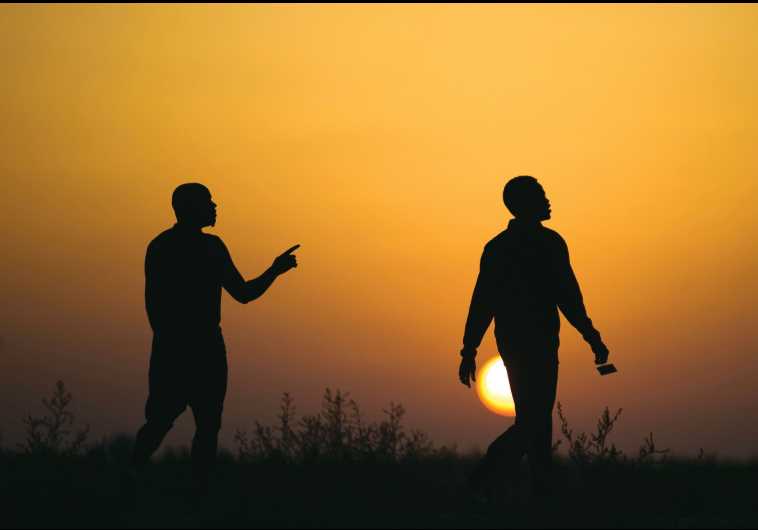Just Torah: Hopeful reflections on a bitter Passover
The author argues that the Jewish state possesses the tools to find a solution for the 45,000 asylum seekers.
 African migrants walk outside Holot open detention center in the southern Negev last year.
African migrants walk outside Holot open detention center in the southern Negev last year.